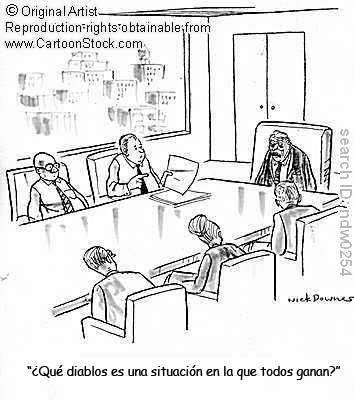In any profession, most people are normal, some are terrible, and some are exceptional. What makes the difference?
During the last thirty years, research has examined how people become true experts whether in sports, chess, music, medicine, ...
Its not about talent.

Many people believe that it takes a special talent to be highly qualified in a particular area. There is evidence that IQ is often a reasonable indicator of job performance.
However, there is also evidence that peak performance requires extensive practice and research has shown that individuals specifically identified as "normal" can become exceptionally skilled in many fields with proper training.
The conclusion is that to be successful you have to focus on what can be improved, instead of worrying about whether or not we are talented enough.
Research shows that most people consistently improve their job performance during their first two years of professional experience in a given role. After that, some people continue to improve, others stagnate, and others even begin to feel worse.
Why do people stop improving? Practice doesn't always make you an expert:
- Practice has to be constant and seek improvement. If you always do things the same way, then you will stagnate. Many people reach an "acceptable" level of performance and stop making a deliberate effort to improve. The manager, for his part, does not motivate his employees to perform better.
The key to excellence: a practice that seeks improvement.
That practice that you constantly seek to improve will help you become an expert. It is practicing your skills at a slightly higher level, continually challenging yourself to do better. It is characterized by specific goals, a good mentor, orderly progression, and conditions that allow progress:
1) The specific objectives:
Determine exactly what you want to improve and what you have to do to carry it out. Your goals should be divided into small steps that you can achieve in a short period of time and thus avoid psychological discouragement.
2) A good mentor.
A good mentor who provides you with quick, concrete and accurate information is essential for continuous improvement, and it is not easy to come by.
In the workplace, this mentor rather refers to an experienced colleague who knows what good performance means. Unfortunately, it is not always easy to find people you trust who can provide you with accurate information on how you are progressing and who are also encouraging.
3) An orderly progression.
When you master an area, it is time to take the next step. This updating process must be frequent and is the one that will lead you to the achievement of long-term objectives.
ADIEX, baseball batter, expert level 😀

